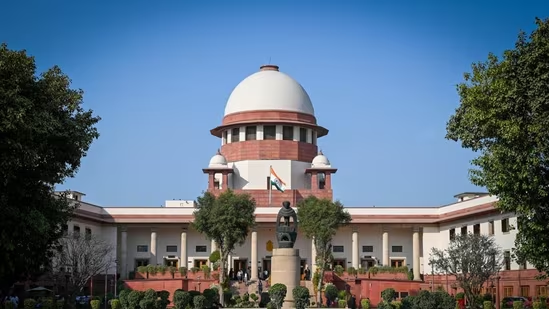Shristy Kamal, Pune
On Monday, the Supreme Court overturned a Madras High court ruling, stating that downloading and watching child pornography amounts to an offense under the Protection of Children from Sexual Offences (POCSO) and Information Technology (IT) act.
The bench comprising Chief Justice D Y Chandrachud and justices J B Pardiwala and Manoj Misra, clarified that it is illegal and a punishable offense. The court emphasised in its decision about the effects of child pornography on child abuse and victimization as well as the need for society as a whole and pertinent parties to report these crimes. In order to reflect the nature of the offense, the bench also suggested changing the definition of child pornography in the POCSO act. They specifically recommended that the phrase ‘child sexually abusive and exploitative material’ be used in place of the term child pornography. In order to give a more precisely legal description of the offense, the court suggested that this change could be made through an ordinance.
A petition contesting the Madras High Court’s previous ruling was submitted leading to the Supreme Court’s decision where a 28-year-old man downloaded and viewed child pornography on his phone. The Madras High court dismissed the criminal case against him stating that the accused would have had to publish, transmit or create material showing children engaging in sexual activities in order to be charged under section 67-B of the IT Act 2000.
The court acknowledged the fact that children are highly exposed to pornography in today’s world. It emphasized that the society should focus more on educating them about it rather than punishing and shaming them for their behaviour. The Supreme court, led by Senior advocate H S Phoolka, deemed the Madras High Court’s verdict a legal error.
The Supreme Court upheld the criminal prosecution claiming that the Madras High Court’s reasoning was incorrect and did not follow the law as it stood. The bench praised the decision as historic since it was the first time that the judiciary had addressed the problem of child sexual exploitation material in such a comprehensive detail.
